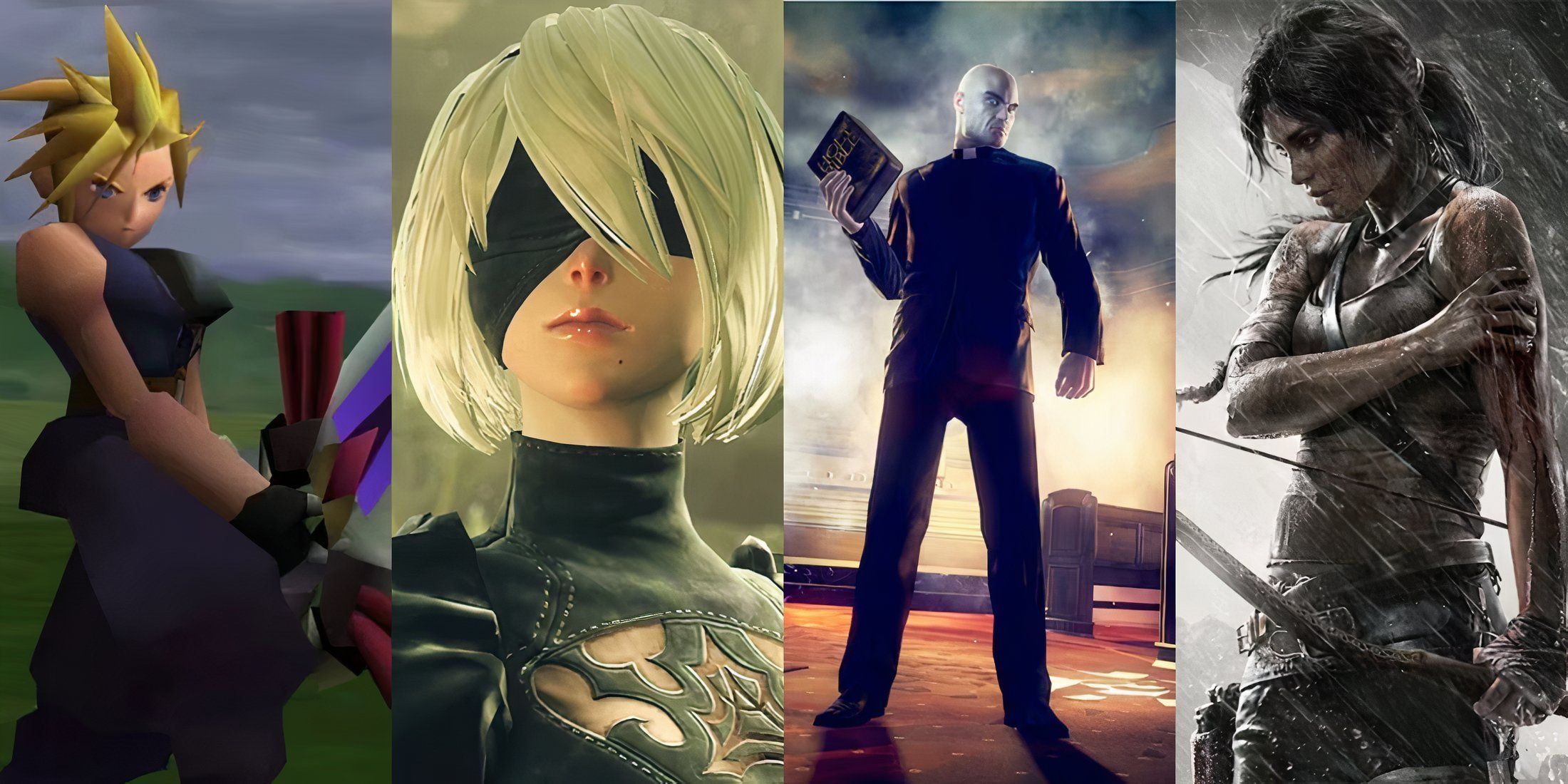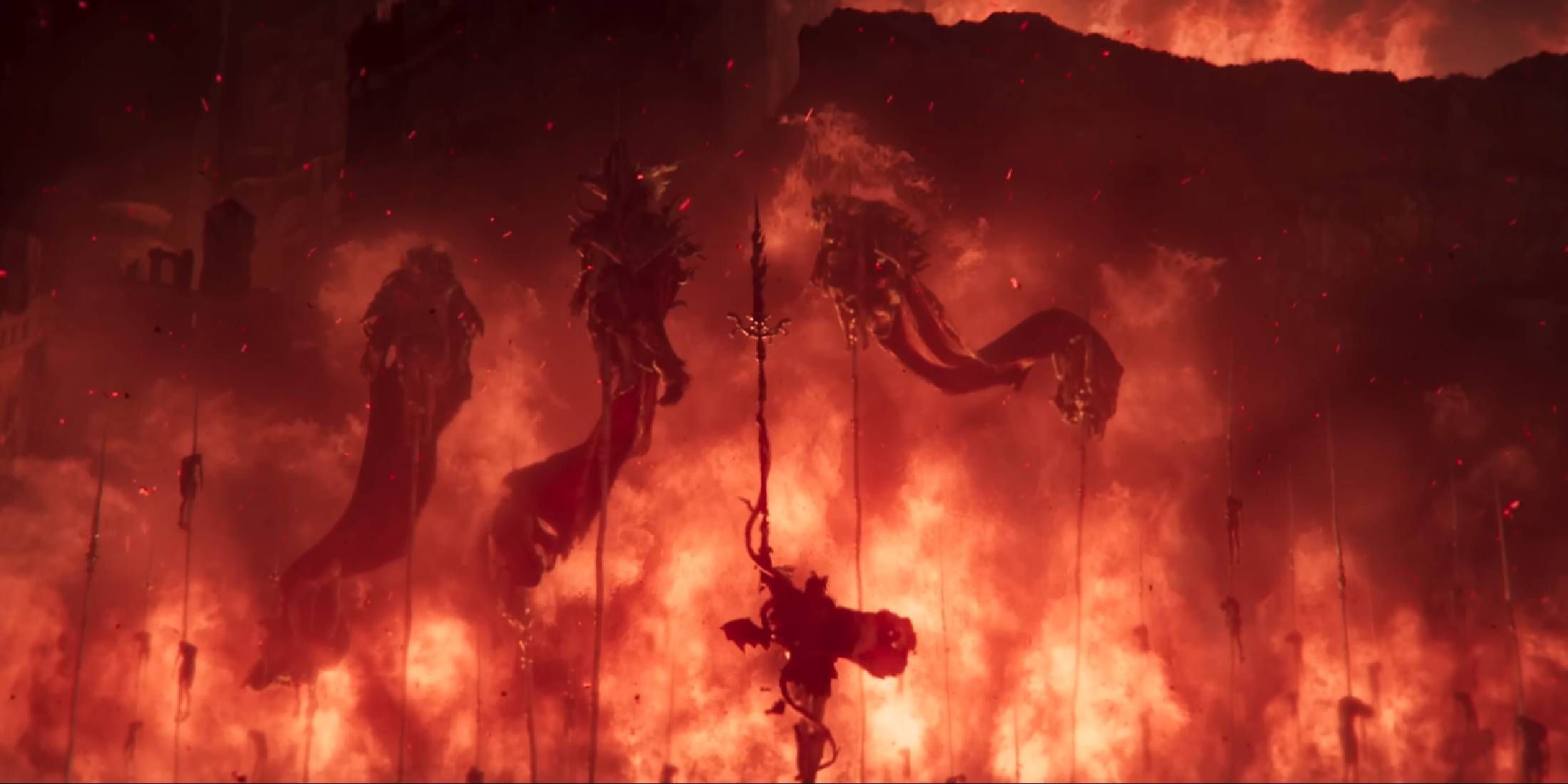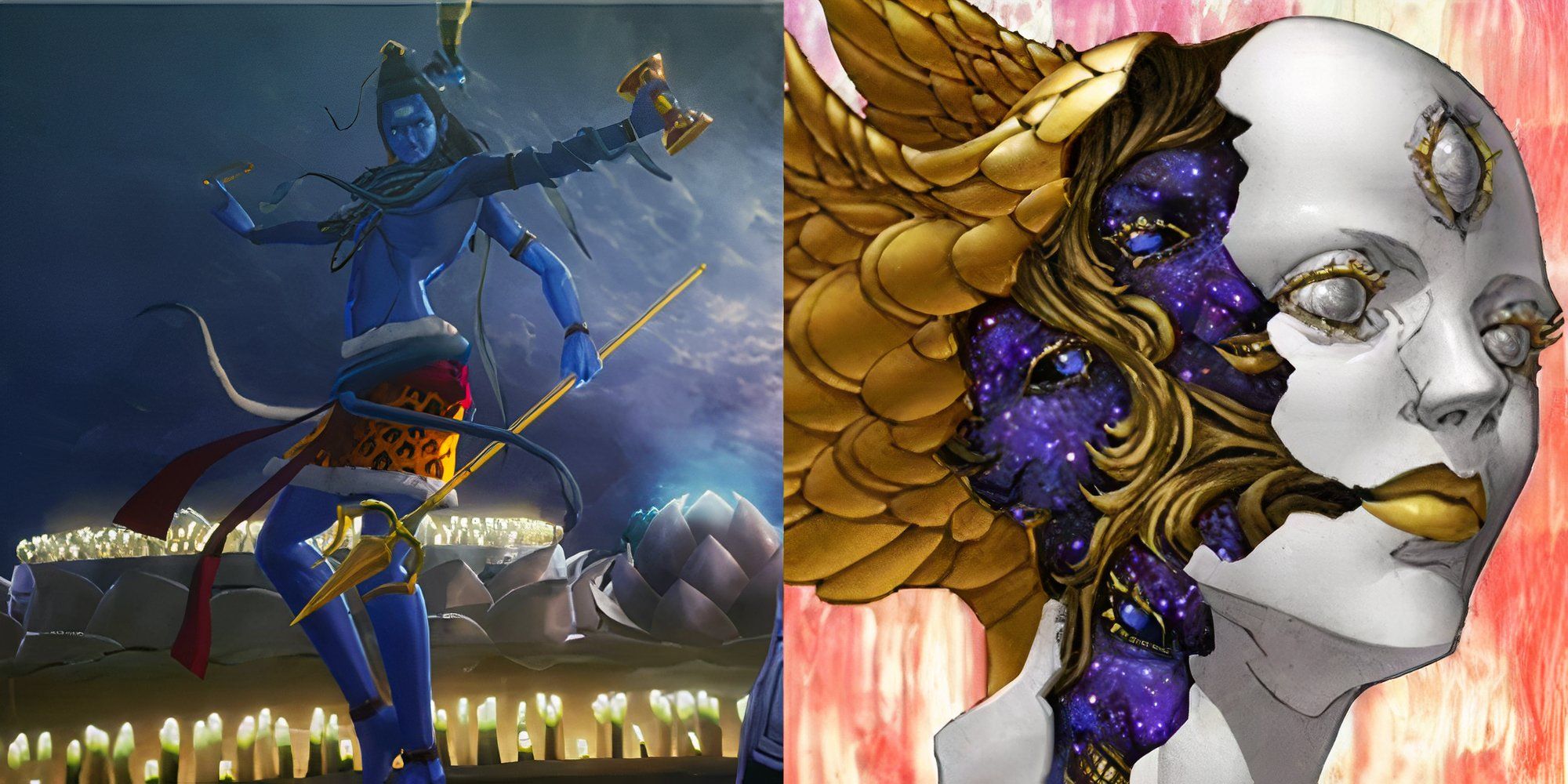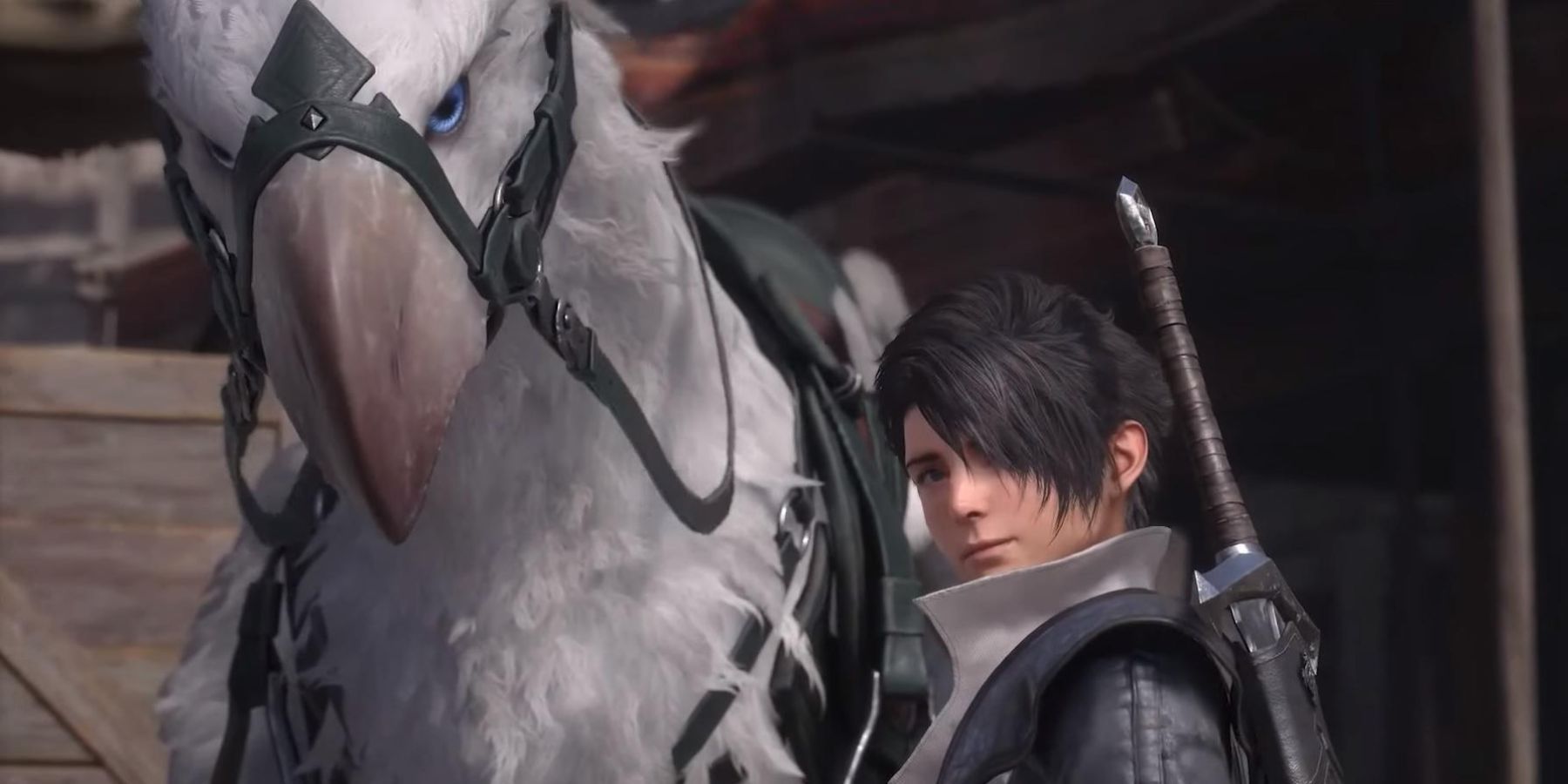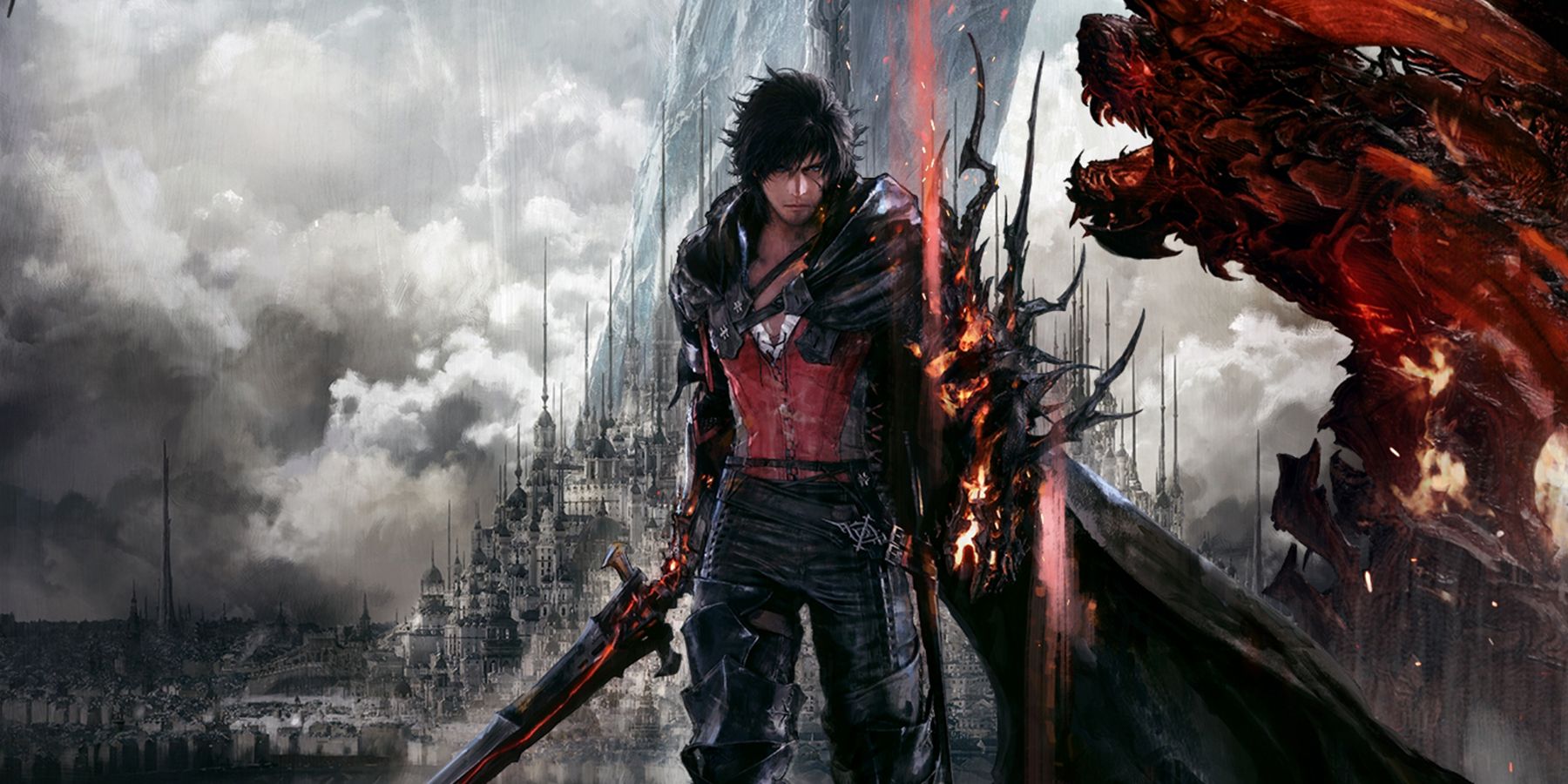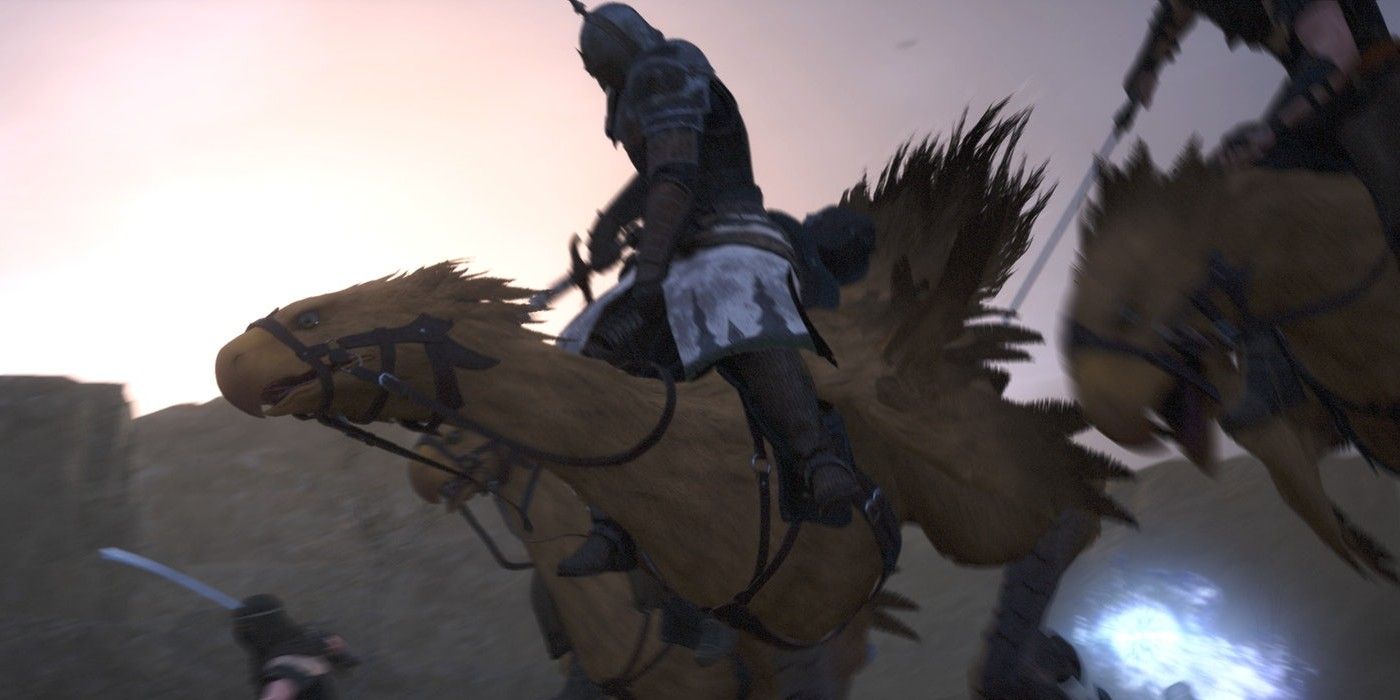Square Enix fans have been waiting for the next sign of news about Final Fantasy 16. Final Fantasy 14 director and Final Fantasy 16 producer Naoki Yoshida has carried his policy of open development over to 16, and promised the game would get more news near the end of 2021. He said it could come at the Tokyo Game Show in late September, but warned not to expect the game to be there. FF16 was absent from that show, and fans assumed that it could show up at The Game Awards instead.
However, Final Fantasy 16 was nowhere in sight. It skipped a State of Play, then The Game Awards, and the Christmas season passed without a sound. Yoshida was committed to keeping everyone on the same page, and on December 27 he made a public announcement to let fans know the game’s development had been delayed by almost half a year, with information now planned for spring 2022. While this is disappointing, the transparency has been received well by fans, and that could be taken as a good lesson for Square Enix’s other major projects.
Final Fantasy 16’s Delay Was Both Routine and Exceptional
It’s no secret that Square Enix has a problem with announcing games too early. One example is the game formerly known as Final Fantasy Versus 13, announced as Square’s most ambitious action-RPG yet in 2006 and eventually released as Final Fantasy 15 in 2016. A remake of Final Fantasy 7 was teased by way of a PS3 tech demo in 2005, and while this wasn't an announcement, Square Enix took its sweet time actually announcing the full project at E3 2015.
The pattern of announcing games when only a concept trailer or a vertical slice is ready continues, including for Kingdom Hearts 3 with a 2013 teaser, a 2017 tech demo, and a 2019 release. Final Fantasy 14 came out on schedule, but had to be restarted under Yoshida’s supervision. Even then, many agree that the strengths of this reboot weren’t readily apparent until its first expansion, Heavensward.
That left Yoshida and the Heavensward team with a solid understanding of how to manage a large project, and when Square Enix approached them with the chance to develop Final Fantasy 16, a similar plan followed. Just like with Final Fantasy 14, nothing would be shown until things were locked down and ready to be shown. Just like 14, there was to be a steady influx of informative updates every few months. Also like 14’s Endwalker expansion, when there had to be a delay, the community was told exactly why it had to happen.
Other Games Should Learn From Final Fantasy 16’s Delay
From the first reveal trailer, Yoshida had a hand in the direction of FF16 discussions. He made it clear what state the game was in, and what tasks were being focused on next. When complaints arose about visuals in the reveal trailer, Yoshida noted it was made in a hurry, and the graphics had plenty of polish to go. Now that FF16 is delayed, Yoshida paired the announcement with why that happened, and what aspects of the game still needed work. In an industry known for secrecy and tightly controlled marketing, Final Fantasy 16 was handled with grace - especially when its delay could have been waved off due to the ongoing pandemic.
Other Square Enix projects should look to Final Fantasy 16 as an example of how to handle long, tumultuous developments. Ideally, games should be revealed with something to show, but that’s too often not the case. So, it is important to give fans a rough idea of how far along a project is, when more news or a release date can be expected, and if a delay is happening and why. Transparency helps soothe fears, and it also gives the developer the appearance that it knows what it’s doing. It isn’t reasonable to expect every team to provide as much information as Yoshida, but even something as forthright as Nintendo announcing Metroid Prime 4’s reboot can go a long way.
Final Fantasy 16 is currently in development for PS5.

